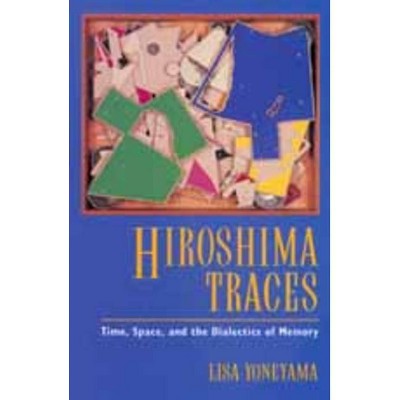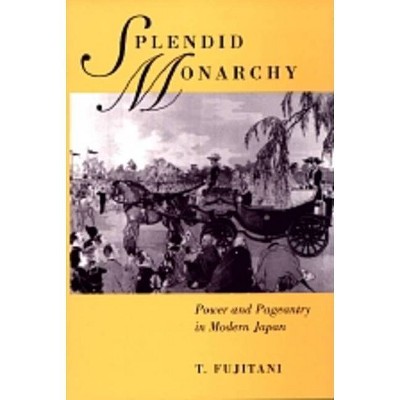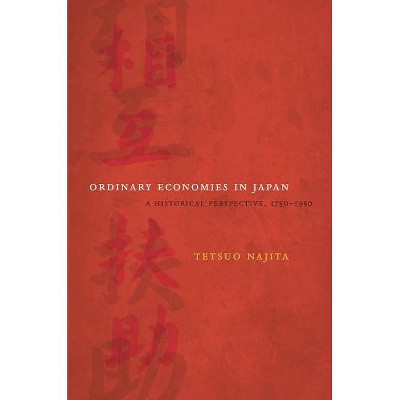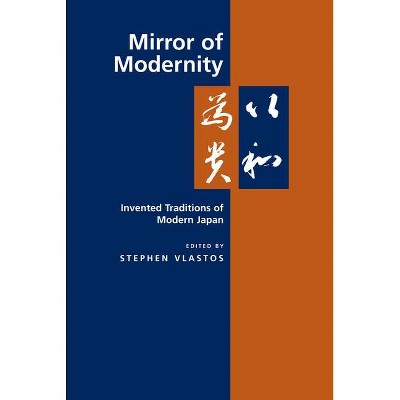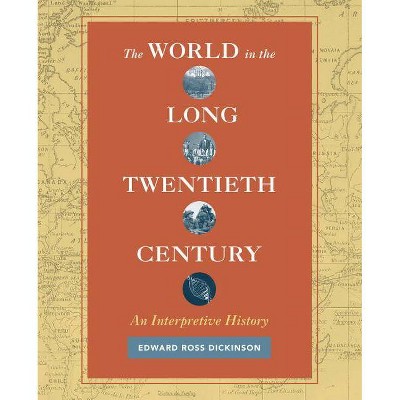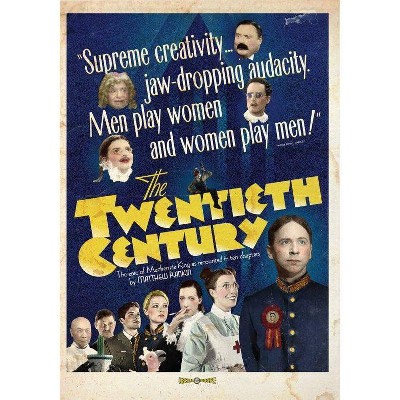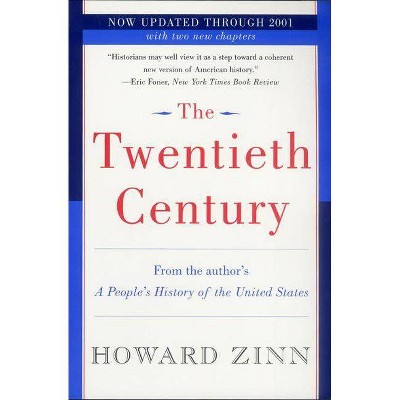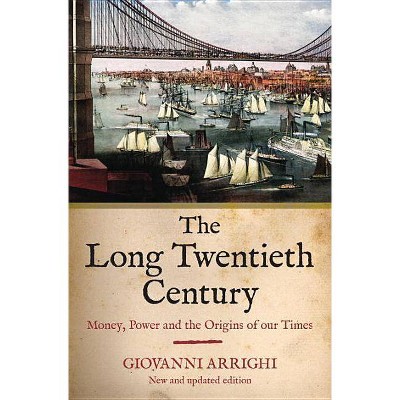The Abacus and the Sword, 4 - (Twentieth Century Japan: The Emergence of a World Power) by Peter Duus (Paperback)
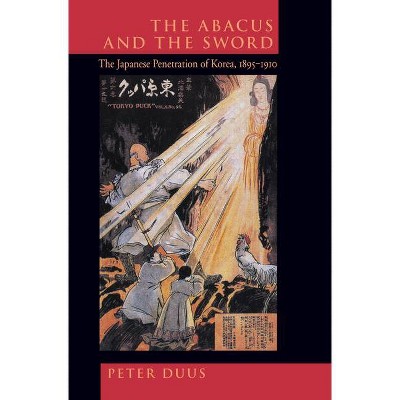
Similar Products
Products of same category from the store
AllProduct info
<p/><br></br><p><b> About the Book </b></p></br></br>"This is a major historical work that, in the field of Japanese imperialism, will set a standard for careful and comprehensive analysis. "The Abacus and the Sword" is the handiwork of a master historian."--Mark R. Peattie, author of "Nan'yo: The Rise and Fall of the Japanese in Micronesia, 1885-1945" <BR>"This book . . . deserves a wide readership, especially among East Asia history specialists, for it represents difficult and complex scholarship at its best. . . . It is clear from an analysis of his documentation that he put solid study into the Japan-Korea relationship problem, one of the most complex in modern East Asian history--the equivalent perhaps of the English-Irish relationship in Western History. . . . This book is . . . well worth reading, not only for East Asian specialists but for anyone fascinated by the mysteries of history." <BR>Hilary Conroy, American Academy of Political Science<p/><br></br><p><b> Book Synopsis </b></p></br></br>What forces were behind Japan's emergence as the first non-Western colonial power at the turn of the twentieth century? Peter Duus brings a new perspective to Meiji expansionism in this pathbreaking study of Japan's acquisition of Korea, the largest of its colonial possessions. He shows how Japan's drive for empire was part of a larger goal to become the economic, diplomatic, and strategic equal of the Western countries who had imposed a humiliating treaty settlement on the country in the 1850s.<br /><br />Duus maintains that two separate but interlinked processes, one political/military and the other economic, propelled Japan's imperialism. Every attempt at increasing Japanese political influence licensed new opportunities for trade, and each new push for Japanese economic interests buttressed, and sometimes justified, further political advances. The sword was the servant of the abacus, the abacus the agent of the sword.<br /><br />While suggesting that Meiji imperialism shared much with the Western colonial expansion that provided both model and context, Duus also argues that it was "backward imperialism" shaped by a sense of inferiority vis-à-vis the West. Along with his detailed diplomatic and economic history, Duus offers a unique social history that illuminates the motivations and lifestyles of the overseas Japanese of the time, as well as the views that contemporary Japanese had of themselves and their fellow Asians.<p/><br></br><p><b> From the Back Cover </b></p></br></br>This is a major historical work that, in the field of Japanese imperialism, will set a standard for careful and comprehensive analysis. <i>The Abacus and the Sword</i> is the handiwork of a master historian.--Mark R. Peattie, author of <i>Nan'yo: The Rise and Fall of the Japanese in Micronesia, 1885-1945</i><br /><br />This book . . . deserves a wide readership, especially among East Asia history specialists, for it represents difficult and complex scholarship at its best. . . . It is clear from an analysis of his documentation that he put solid study into the Japan-Korea relationship problem, one of the most complex in modern East Asian history--the equivalent perhaps of the English-Irish relationship in Western History. . . . This book is . . . well worth reading, not only for East Asian specialists but for anyone fascinated by the mysteries of history.<br /><br />Hilary Conroy, American Academy of Political Science<p/><br></br><p><b> Review Quotes </b></p></br></br><br>"A work of remarkable scholarship. Thorough and comprehensive, it sets a new standard in the study of the Japanese domination of Korea."--Yong-ho Ch'oe, "Korean Studies<br><p/><br></br><p><b> About the Author </b></p></br></br><b>Peter Duus</b> is William H. Bonsall Professor of History at Stanford University. He is author of <i>Feudalism in Japan, </i> (2nd ed. 1993), editor of <i>The Cambridge History of Japan</i> Vol. 6 (1989), and coeditor of <i>The Japanese Informal Empire in Japan, 1895-1937</i> (1991).
Price History
Price Archive shows prices from various stores, lets you see history and find the cheapest. There is no actual sale on the website. For all support, inquiry and suggestion messages communication@pricearchive.us
